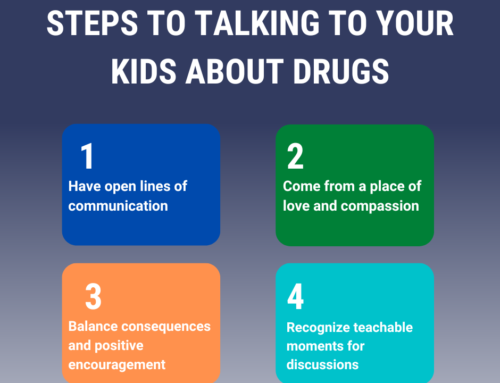People often have trouble focusing after quitting Adderall or other stimulants. Adderall, in particular, is abused as a productivity drug because it allows you to focus intensely for hours with no effort. This isn’t always the best way to work, and it certainly isn’t healthy, but it is a way to accomplish a lot of tasks. When that crutch is suddenly removed, people often feel adrift, sometimes for months. Their attention wanders, they can’t remember familiar information, and sometimes they can’t even remember what they were supposed to be doing. If you’ve just quit stimulants, it may take a little time to build your attention back to normal strength, but you can do it. Here are some suggestions.
Exercise.
It doesn’t seem particularly relevant to concentration, but many studies have shown that exercise is one of the most effective ways to improve attention and memory. Exercise strengthens your brain’s prefrontal cortex, which helps you focus and regulate your behavior. It also actually creates new neurons in the brain’s hippocampus, which plays a major role in turning short-term memories into long-term memories. Most of these studies have shown that aerobic exercise works best. Do something strenuous enough that you can just barely talk and try to keep it up for 20 minutes or more. It should improve your concentration for the next few hours.
Meditate.
Meditation is essentially concentration practice. Typically, you concentrate on the feeling of your breath, a mantra, or a feeling. Whenever your mind wanders, you say to yourself, ‘Oh, look, I’ve wandered off!’ and bring your attention back. It’s extremely frustrating at first, but it strengthens your concentration and your metacognitive awareness, or your ability to notice when your attention has strayed. Start off easy, with maybe five minutes and build gradually.
Reduce distractions.
It’s hard enough to concentrate without alerts from your phone, chat boxes, email, and Facebook all competing for your attention. You have to expend extra energy to tune all that stuff out. What’s more, if you are in the habit of checking these different things every few minutes, you internalize the distraction. That is, you work or study for a few minutes, then an alert in your brain says, ‘Hey, check your email!’ So now, instead of just fighting post-acute withdrawal, external distractions, and a reduced attention span, your own brain is actively trying to distract you too. Try to minimize distractions and get in the habit of doing one thing at a time. Put your phone away. Close whatever tabs you don’t need right now, and practice riding out those cravings for distraction.
Practice.
While all the above suggestions should help you focus better, there’s no substitute for actually trying to focus. Be patient with yourself. If you can only study for five minutes right now, then study for five minutes and take a short break. Make it fun if you can. Gradually increase the amount of time you work. You might even want to set a timer. Eventually, your focus will improve and your neurotransmitters will balance out and you will be able to handle whatever you need to do.
Located in downtown Midland, The Springboard Center’s mission is to offer programs and services to treat alcohol and drug addiction treatment using an evidence based curriculum, 12 step programs, diet, nutrition, exercise, emotional, mental and spiritual development for a long recovery. For more information, please call us at 432-620-0255 as we are open 24 hours a day, 7 days a week.




